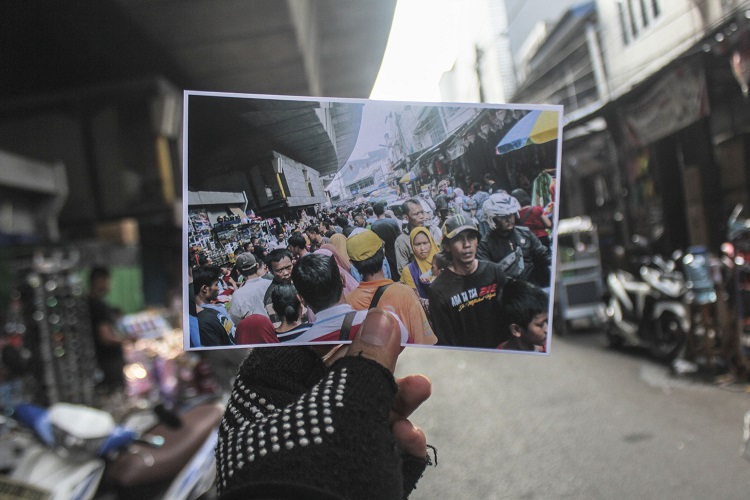More than one year into the COVID-19 pandemic, the virus is still having unforeseen impacts
More than one year into the COVID-19 pandemic, the virus is still having unforeseen impacts
Indonesia has followed a common trajectory to many nations. From underplaying the presence or impact of the virus in the early days, implementing a 'lockdown' of sorts (in Indonesia known as Large-Scale Social Restrictions, Pembatasan Sosial Berskala Besar: PSBB) and then strategically emerging from it, to securing a vaccine deal with China. As a nation with some 70 per cent of workers in the informal economy, a harsh and long-term lockdown was always going to be hard to implement on a national scale. Many communities enforced their own 'lockdown mandiri'. Somewhat more problematically, in various cities the police called on preman (local thugs to help enforce the wearing of masks and the following of other health protocols.
Banners, murals and signs have sprung up on city streets, creating a very public reminder of efforts to combat the spread of the virus. The pandemic has also left its mark on the urban landscape in other ways: the Wisma Atlet in Kemayoran, used for the Asian Games in 2018, has been turned into a make-shift hotel for COVID-19 patients in self-isolation. As Ahmad’s photos show, cemeteries too have been filled to overflowing with those who have died from the coronavirus. New cemeteries have had to be built; providing grim material evidence of the virus’s reach and in turn rendering statistics on infection numbers somewhat irrelevant.
The eerie quietude of Jakarta during PSBB, provided a glimpse of what the city would look like if its pollution was brought under control. But the PSBB asymmetrically disadvantaged the urban poor: little wonder there were riots when the Jokowi-led government sought to implement the RUU Cipta Kerja or so-called Omnibus Law on Job Creation, which further compromised workers’ rights.
I contacted Ahmad Tri Hawaari after following his photographs on Instagram. With visiting Indonesia almost impossible, I have found his imagery particularly useful in mediating the separation that those of us outside Indonesia may be experiencing. I think of the risks Ahmad takes to be 'out in the field' everyday, including risking exposure to COVID-19 (he has already had it once.) Ahmad’s photographs have an immediacy, vibrancy and clarity. They are neither sentimental or euphoric. But reveal his empathy with his subjects as he tracks the trajectory of Indonesia during this Pandemic Time.
Andy Fuller, April 2021








Ahmad Tri Hawaari studies journalism at Muhammadiyah University of Prof. Dr. Hamka, Jakarta. He recently completed a four month internship at Tempo magazine. His Instagram account is @ahmadtrihawaari.











